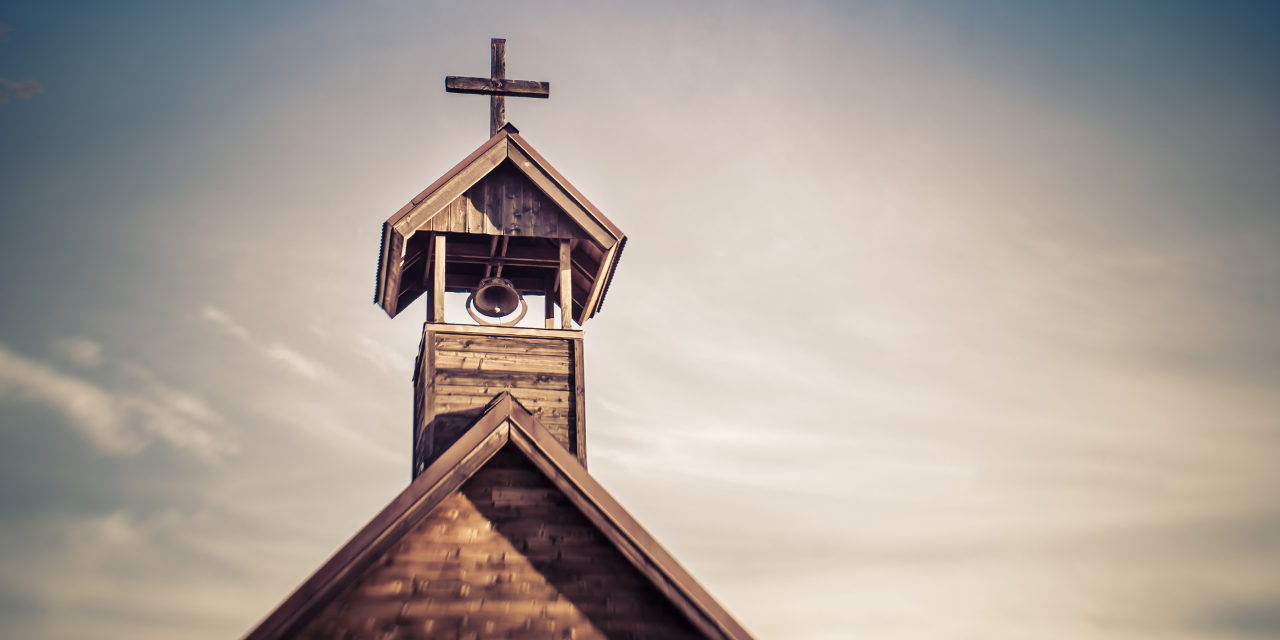Indiana Gov. Eric Holcomb has signed a bill ensuring that churches cannot be shut down during a state of emergency. The bill is in direct response to the myriad of attacks by government actors on the free exercise of religion during the COVID-19 pandemic.
The bill, SB 263, was authored by state Senators Eric Koch, Liz Brown and Aaron Freeman.
“This will protect that very carefully enshrined right in our Constitution,” Koch said after the state Senate voted for the bill. “As to the large gatherings, I trust, and I know that no religious leader would put the members of his church at risk in an irresponsible sort of way.”
The bill says that religious organizations are “essential services.”
It “prohibits the state and a political subdivision from imposing restrictions on a religious organization that are more restrictive than the restrictions imposed upon other businesses and organizations that provide essential services to the public.”
The state will still be able to require religious organizations to comply with neutral, generally applicable health requirements “to the same extent as other organizations.”
However, the bill also stipulates that government actors “may not restrict the right of the people to worship or to worship in person during a disaster emergency.”
Alliance Defending Freedom Legal Counsel Greg Chafuen praised the passage of the bill, saying it would substantially protect religious liberty.
“Houses of worship and religious organizations provide soul-sustaining operations that are essential to our society and protected by the First Amendment,” he said. “While public officials have the authority and responsibility to protect public health and safety, the Supreme Court has made clear that the First Amendment ‘cannot be put away and forgotten’ even in a pandemic.”
“This means that the government can’t treat churches worse than shopping centers, restaurants, or gyms without violating the Constitution. We commend Gov. Holcomb and the Indiana Legislature for making it clear that officials cannot use a public crisis to discriminate against religious operations,” he added.
It’s difficult to keep track of the number of times different government authorities have singled out religious organizations and churches for overly harsh treatment throughout the COVID-19 pandemic.
One of the most notable examples of government discrimination against churches culminated in the Supreme Court case Roman Catholic Diocese of Brooklyn v. Cuomo.
After Gov. Cuomo limited attendance at churches to 10 persons for those in “red” zones, and 25 persons in “orange” zones (color coded depending on the level of COVID-19 infection in the area), the Supreme Court ruled these attendance caps were unconstitutional.
“In a red zone, while a synagogue or church may not admit more than 10 persons, businesses categorized as ‘essential’ may admit as many people as they wish,” the court said. “And the list of ‘essential’ businesses includes things such as acupuncture facilities, campgrounds, garages, [and] all plants manufacturing chemicals and microelectronics and all transportation facilities.”
In a concurring opinion, Justice Gorsuch wrote, “While the pandemic poses many grave challenges, there is no world in which the Constitution tolerates color-coded executive edicts that reopen liquor stores and bike shops but shutter churches, synagogues, and mosques.”
It is in that same spirit, the protection of essential religious services, that Indiana passed SB 263.
Christians across the nation should be encouraged that the federal courts, now joined by at least one state legislature, are making sure that the severe and excessive limitations placed on the free exercise of religion last year are never allowed again.
You can follow this author on Parler @ZacharyMettler
Photo from Shutterstock






